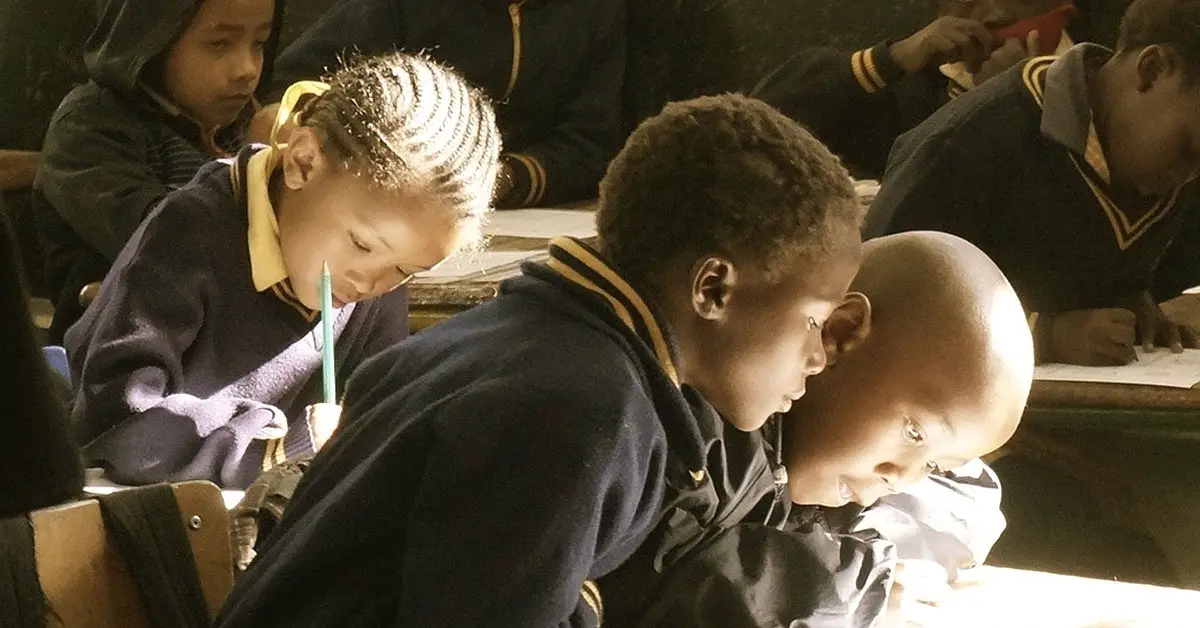The escalation of sexual crimes against children demands urgent and united action from parents and schools. Creating a secure environment is paramount in shielding kids from these atrocities. While the involvement of a sex crimes attorney often follows an incident, the primary focus of this article is proactive prevention. We will delve into comprehensive strategies for effective collaboration between parents and schools, aiming to construct a robust defense against sexual crimes targeting children.
Fostering Transparent Communication Channels
The cornerstone of prevention lies in fostering open communication. Parents and schools must establish transparent and trusting relationships. Regular parent-teacher meetings, community forums, and workshops can facilitate this. These interactions should transcend formalities, serving as platforms for sharing concerns, strategies, and observations about children’s behavior. Parents need to be actively encouraged to engage in regular, open-ended conversations with their kids, delving into their day, interactions, and feelings about their surroundings. This approach aids in identifying potential red flags at an early stage.
Empowering Children through Education on Safe Boundaries
Education plays a pivotal role in preventing sexual crimes. Both parents and schools must actively educate children about body safety. This involves discussions on safe and unsafe touch, understanding personal boundaries, and the significance of consent. Schools can seamlessly integrate this into their curriculum through age-appropriate books, activities, and discussions. At home, parents can reinforce these lessons by creating an environment where children feel comfortable discussing any topic.
Strengthening Safety Protocols in Educational Institutions
Schools must transform into fortresses of safety for children. This necessitates the implementation of stringent safety protocols, including comprehensive background checks for all staff and routine audits of school security measures. Ensuring secure school premises with controlled access points and surveillance acts as a deterrent to potential offenders. Additionally, schools should establish a robust system for students to confidentially report any discomfort or abuse, ensuring they feel secure and heard.
Cultivating Peer Support and Vigilance
Cultivating a culture of peer support and vigilance can be a potent deterrent to sexual crimes. Children often observe things that adults may overlook. Encouraging them to look out for each other, speak up if they notice something amiss, and report uncomfortable interactions can establish a protective peer network. Schools can facilitate this through buddy programs, peer counseling, and group discussions, making students active participants in their safety.
Responsible Technology Utilization
In the digital age, children’s online safety is as crucial as their physical well-being. Cyber predators pose a genuine threat, requiring parents and schools to educate children about the dangers of the internet. This includes instilling safe browsing practices, understanding the risks of sharing personal information online, and being aware of online grooming tactics. Schools can conduct cyber safety workshops, while parents can monitor their child’s online activity non-invasively, fostering trust and openness.
Continuous Training for Staff and Parents
Ongoing education for staff and parents is imperative in recognizing and preventing sexual crimes against children. Workshops on identifying signs of abuse, comprehending the legal implications, and knowing how to respond appropriately are indispensable. These sessions, conducted by professionals, should be an ongoing process, adapting to new information and strategies in child protection.
Providing Support for Victims
In unfortunate cases where prevention falls short, the response to the victim is crucial. Both parents and schools must be equipped to handle such situations with sensitivity and support. Immediate psychological assistance, legal guidance, and a nurturing environment are essential for the child’s recovery. This support system should aim to minimize trauma and facilitate a path to healing.
Nurturing a Culture of Respect and Consent
Instilling a culture of respect and consent from a young age is paramount for the long-term prevention of sexual crimes. This involves teaching children about respecting personal boundaries, understanding the importance of consent, and the right to say no. Schools play a significant role through their curriculum and culture, while parents can model and reinforce these values at home. The collaborative efforts of parents and schools are indispensable in preventing sexual crimes against children.
By establishing open communication, educating children, implementing safety protocols, encouraging peer support, using technology responsibly, conducting regular training, providing support to victims, and nurturing a culture of respect and consent, a safer and more secure environment for our children can be created. It is a collective responsibility to protect the most vulnerable members of our society.
FAQs:
- Q: How can parents and schools collaborate to prevent sexual crimes?
- A: Discover collaborative strategies, fostering communication, education, and safety protocols for proactive prevention.
- Q: What role does education play in preventing sexual crimes against children?
- A: Education empowers kids. Understand the importance of teaching safe boundaries, consent, and online safety for a proactive defense.
- Q: How can technology be used responsibly to protect children from sexual crimes?
- A: Learn about safe online practices, cyber safety workshops, and non-invasive monitoring to ensure a secure digital environment.
- Q: What support is essential for victims of sexual crimes, and how can parents and schools provide it?
- A: Immediate psychological assistance, legal guidance, and nurturing environments are crucial. Parents and schools must be equipped to offer sensitive support.
- Q: Why is fostering a culture of respect and consent important in preventing sexual crimes?
- A: Instill values early. Teaching children about respect, consent, and personal boundaries creates a foundation for long-term prevention.
Read Also:

